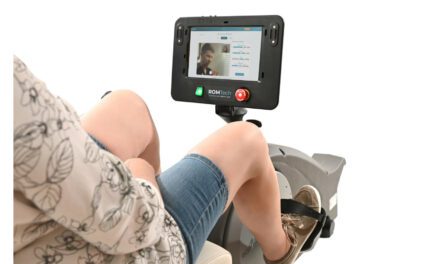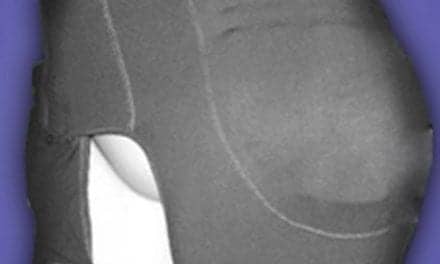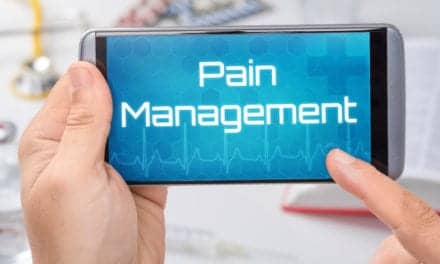Kessler Foundation recently received a $590,000 award from The Geneva Foundation for a 3-year study of the use of an experimental minimally invasive treatment for meniscal tears–the injection of autologous micro-fragmented adipose tissue into the knee joint.
The funding supports the Foundation’s participation as one of the 14 members of the Musculoskeletal Injury and Rehabilitation Research for Operational Readiness (MIRROR) headquartered at Uniformed Services University (USU), the nation’s only federal health sciences university, located in Bethesda, Maryland.
MIRROR is supporting a broad scope of musculoskeletal projects. Areas of clinical evaluation include targeting pain caused by knee, back and shoulder pain with protocols examining effective return to running and return-to-duty activities. Results of these studies will generate evidence-based approaches for future clinical practice guidelines as well as educational opportunities for future military and civilian providers, a media release from News-Medical Life Sciences explains.
One of the most common knee injuries among active-duty military personnel is meniscal tears, which may result in separation from the military for more than one year, or assignment to permanent limited duty.
Over time, meniscal tears may also increase the risk of other knee pathology, such as osteoarthritis, a common medical reason for discharge from active duty service. The current standard of care includes conservative treatments, such as physical therapy and rest. Once conservative treatments fail, surgery is generally the next option. However, evidence for benefits of surgical intervention is limited, and some studies suggest that the development of osteoarthritis may be accelerated.
The randomized controlled study involves taking a sample of adipose tissue from the participant’s abdomen and injecting it into the damaged meniscus of that participant. Researchers will recruit active-duty military personnel and civilians with meniscal tears and randomize them to either the treatment or control group. Over a 1-year follow-up period, they will monitor changes in meniscal tissue, levels of pain, and functional activity.
Gerard Malanga, MD, director of Kessler Institute for Rehabilitation’s Regenerative Medicine Program and director of New Jersey Regenerative Institute, serves as the project’s principal investigator. Co-investigators are Trevor Dyson-Hudson, MD, director of Kessler Foundation’s Center for Spinal Cord Injury Research, Nathan Hogaboom, PhD, from the Center’s Regenerative Rehabilitation Research Laboratory, and Nelson Hager, MS, MD, vice chair of USU’s Department of Physical Medicine and Rehabilitation and Director of MIRROR.
The ultimate goal is to provide evidence for the injection of micro-fragmented adipose tissue as a viable alternative to surgery for the treatment of meniscal tears in active-duty military personnel, the release continues.
“After an injury, the body may have the ability to heal itself,” says Trevor Dyson-Hudson, MD, director of Kessler Foundation’s Center for Spinal Cord Injury Research and one of the study’s co-investigators. “But sometimes the medications we use for pain interfere with or hurt that process.”
[Source: News-Medical Life Sciences]





